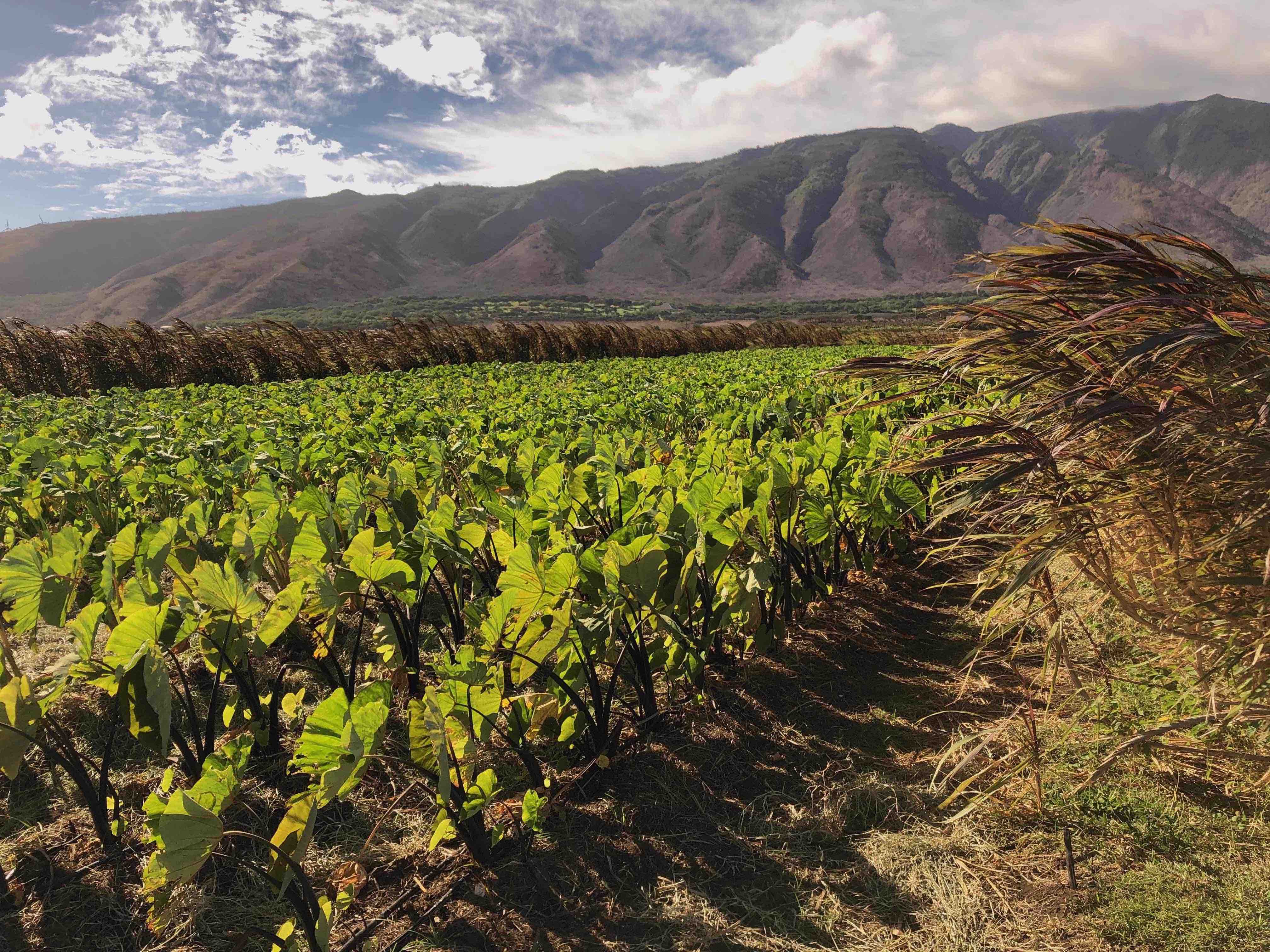Maui’s People Need an Electric Utility that will Represent the Public Interest
Please come an testify.
Maui’s people want a utility which recognizes that everyone has the right to capture energy from local sources. The public interest is best served by a utility that encourages us to do so, and facilitates the integration of distributed energy sources as much as possible. We need a resilient energy
system that is environmentally friendly. We have the ability now to free ourselves from the vulnerabilities inherent in a traditional utility that is focused on central generation, distributed by poles and wires to dependent consumers. Although Oahu may need until 2045 to get to 100% renewable energy, we think Maui is further along, and should have a target year of 2030.
Why would NextEra want to acquire HECO? Is it for the benefit of Hawaii’s ratepayers, or is it primarily to increase the value of its shares? Would it not be better to pursue the idea of a utility cooperative, or a municipal utility, so that all benefits accrue to the ratepayers? Would the option of pursuing these alternatives remain open in the event the proposed merger is approved?
What we need is a utility that is totally on board with Hawaii`s renewable energy goals, not one that we have to drag along with us. Why has NextEra not been forthcoming in its answers to intervenors until recently? Could it be because this way of operating has been successful for them in the past? Can we expect different behavior if the merger is approved?
To operate in the public interest, any utility must recognize the new reality of energy. Will NextEra truly honor the right to rooftop solar, or will they actlike Florida Power & Light, and make it difficult, if not impossible, for homeowners to be self-sufficient and environmentally responsible?
We need a utility that encourages capital investments in distributed generation and/or storage, rather than standing in their way. The bigger the power source, the more brittle the overall system if that source has a problem. Properly coordinated, distributed generation and storage can help manage the variable nature of intermittent renewable generation, reduce the likelihood of rolling blackouts, and maximize the value of our collective investments. During rate calculations, will NextEra resist giving credit to homeowners and businesses for capital investments in generation and storage?
It is essential that we consider the environmental impacts of energy extraction and production, even if those impacts occur outside of Hawaii. Will NextEra go with what they know, e.g. LNG, or will they work with our local sustainable resources to ensure energy self-sufficiency for each island?
The shutdown of the Kahului power plant, with its units dating back to 1948, is long overdue. MECO has been promising to phase them out for years, but the date always seems to slip back another few years. It is not in the public interest to operate oil fired units that are 67 years old, lack modern emission controls, and are upwind of residential areas. Will NextEra commit to retiring these outdated and polluting generating facilities within a short, specific timeframe?
Based on studies conducted on Hawaii Island for Parker Ranch, there could be considerable cost savings if we were to implement one coordinated plan to replace oil with renewable energy, rather than continuing the current approach of adding renewable energy one project at a time. Will NextEra explore the feasibility of issuing a single RFP to meet the remainder of Maui’s power needs with 100% renewable, distributed energy?
Maui Tomorrow recognizes that there may be multiple producers of electricity in the future, and urges the PUC to introduce a mechanism to allow new renewable energy producers preferred access to the grid over fossil fuel energy. Will NextEra be receptive to proposals from outside
renewable energy producers?
We are concerned that NextEra’s view of the utility of the future doesn’t go far enough toward distributed generation, but instead emphasizes central control. For Maui residents it is already difficult to have input on decisions made in Honolulu. We are greatly concerned that our island’s major electricity decisions (with their consequent effects on our economy and thegeneral public interest) will be made 5,000 miles away. Maui, Molokai, and Lanai, while all part of Maui County, are very different islands, with very different resources and needs. If the merger is approved, it is essential that there be special safeguards put in place to protect us. Will NextEra commit to giving each island a seat on their statewide board? Will this board have any power at all, or will our advice be ignored?
Albert Perez
Executive Director
Maui Tomorrow, Inc.



Comment(1)
Ev Senter says:
09/04/2015 at 8:19 pmI want to suggest that what we need in Hawaii is not necessarily a partnership with a company, such as NewEra, but perhaps a whole new approach with ongoing innovative management, perhaps headed at the state level by a chairman of energy and finance or possibly at the level of the PUC itself.
I have sent this to the Lt Gov and to the PUC, but it started with my reading your editorial.
My name is Everett Senter, and it is my opinion that in the long run, renewables constitute our best choice for lowest cost and most environmentally friendly energy consumption. However, my background is real estate, my retirement program is living off of apartment houses that I own, and some of those apartment houses are in Hawaii. My education is master of science in institutional economics, and my thesis was “Economic Incentives in the USSR.” My experiences lead me to the conclusion that governments frequently make economic decisions that turn out unfavorable for the general public. That was true in the USSR and unfortunately, it is true for us, too.
That said, I would like to commend Albert Perez’ guest editorial titled “Maui needs an electric utility that will represent the public interest.”
I would also like to commend to you the article in the New Yorker, June 29, 2015 called “Power to the People.” Near the end of the New Yorker article are a series of steps taken by Richard Kauffman, the chairman of energy and finance for New York State, wherein he announced a program of incentives to gently prod the utilities to get behind a program that would truly benefit the people. One of the programs sounded like this, “Maybe some appliance company will say to a consumer, “We’ll give you all new appliances for free and you will have the same electric bill, less 5%.” The fridge would come with a chip that allowed it to be cycled off for a moment when demand was peaking, and, as the middleman in the transaction, the utility could take a cut. “The same thing with home entertainment-each new generation of flatscreen TVs uses a lot less power.” Kauffman has all sorts of plans, from a “Green bank “-to attract private sector capital to finance extensive energy saving retrofits-to new rules that would pressure utilities to play nicely with outside partners like Solar City.”
In a totally different approach. Green Mountain power in Vermont is ready to sell Elon Musk’s new home battery, the “PowerWall,” on the 1st day that it becomes available, through the utility company, and financed by the utility company, and installed and sold for a very low price due to the utility company putting installation out to bid for the whole state, thereby cutting off the cost of advertising for the installing companies. It was noted that “if utilities won’t relent and embrace innovation, homes and businesses will soon be able to circumvent them altogether.”
What is especially notable about the Green Mountain power approach is that the utilities will profit from leasing rooftop power systems as a totally different source of revenue than the power that it also provides and sells to the state homeowners, so that instead of rooftop solar seeming to be the cause of a “death spiral” for the utility, it becomes another source of revenue.
Green Mountain power is planning its biggest solar farm to be built on top of its old dump. On Maui, we may not have sufficient cost free land to build solar farms at a utility scale, but we certainly have a good supply remaining of home and commercial rooftops on which could be installed PV systems.
Not every rooftop owner has the financial means to implement measures that are capital intense. I live in a fairly affluent older neighborhood with probably less than 50% of the rooftops having PV systems on them today. Even in an affluent neighborhood, I for one cannot get good financing for a PV system for my rooftop because of poor credit history from 2008, due to a recession which affected my rental income from apartment houses and hence my ability to pay back some of my debts. In less affluent neighborhoods I suspect the penetration is even less. Some assistance and sharing of benefits with the utility could help a lot.
These plans of Kauffman and Green Mountain, I can assure you, will encounter plenty of market left for installation of rooftop solar and other energy saving programs, especially if offered by the utility company at guaranteed benefit to end users, even though also with a profit motive for the utility. It would take most of the uncertainty out of the transactions for most consumers, and make it the only possible way to take advantage of them by other consumers.